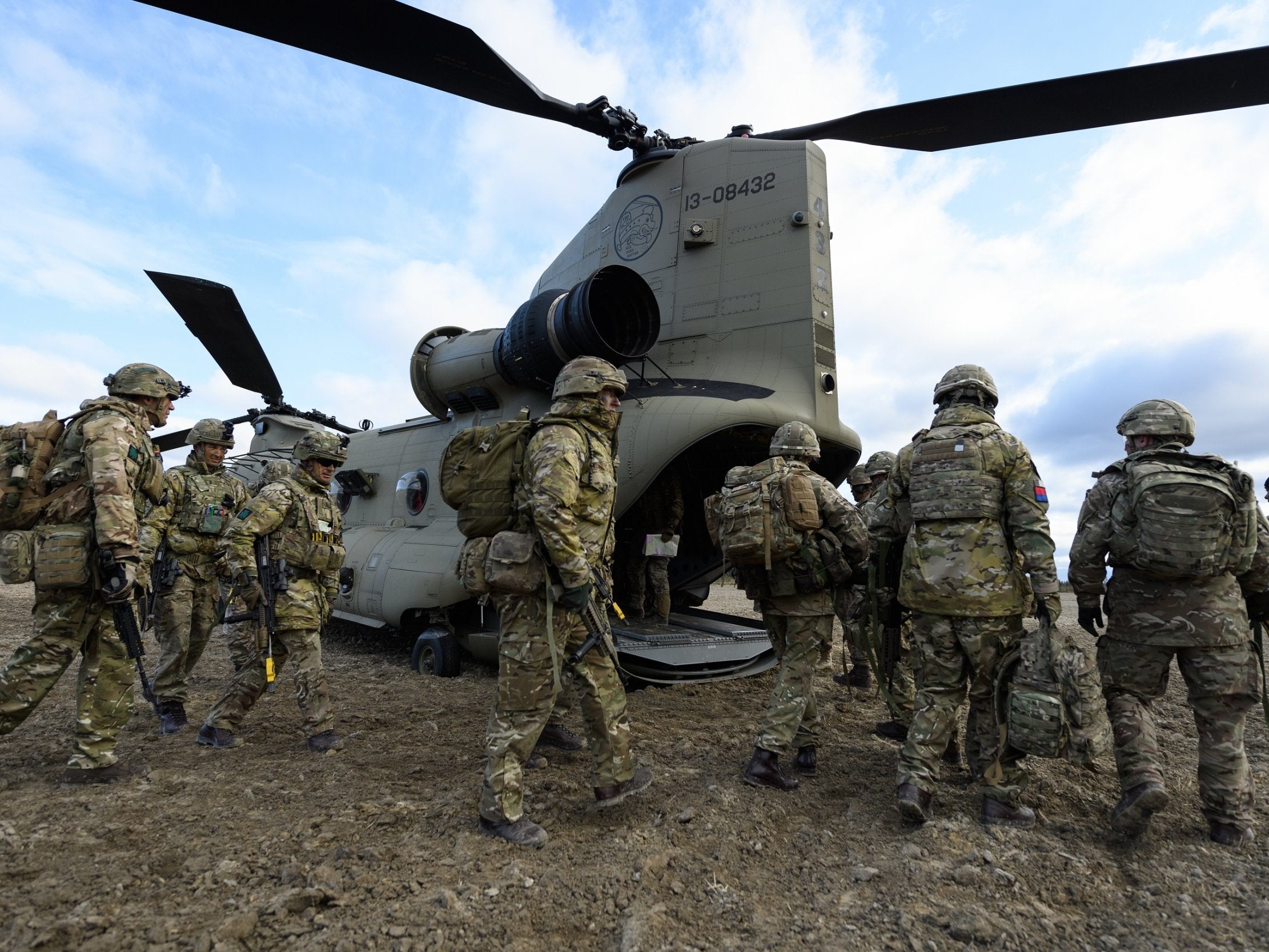British Army recruitment stagnates after new £113m website is delayed for more than four years
Soldier numbers stall after hiring handed over to outsourcing giant Capita in massive 10-year contract

The British Army has recruited one-third fewer soldiers than it needs almost every year since 2012 when hiring was handed over to outsourcing giant Capita, a new report has found.
A new website designed to streamline the process cost three times its original budget and was 52 months late, according to the National Audit Office (NAO).
Troop numbers were supposed to have reached 82,500 by the end of 2018 as part of Capita’s 10-year, £495m contract. Instead, they have stalled at just 77,000.
The shortfall, the report said, had placed “greater strain on existing personnel to maintain operations”.
It added that the contract now stood no chance of achieving its planned savings of £267m for the Ministry of Defence (MoD).
“Gavin Williamson told the defence committee some weeks ago that if Capita did not perform, he would sack them,” Tory MP Mark Francois, a member of the defence select committee, told the Financial Times. “Now is the time for him to keep his word.”
However, Capita said it was confident it would catch up and meet its recruitment targets before the contract ends in 2022
“Both Capita and the army underestimated the complexity of this project,” it said. “We have overhauled governance on the contract and are already seeing improvements.”
It stressed that the NAO report had found the website delay was caused by the MoD, which it said failed to provide the IT infrastructure to host the new recruitment software.
A British Army spokesman said: “We are fully committed to improving our recruiting process. We have put in place a plan to address the challenges.”

The spokesman added that, in a bid to try and reverse declining numbers, the army had now brought back the use of serving troops to inspire new recruits and was looking to reduce the average 321 day period between a potential soldier applying and their first day of basic training.
Join our commenting forum
Join thought-provoking conversations, follow other Independent readers and see their replies
Comments
Bookmark popover
Removed from bookmarks